
Opening a bank account for a child in South Africa is a practical way to teach them how to manage money responsibly from an early age. Whether parents open an account for a baby to save on their behalf or wait until their child is old enough to use it independently, the experience helps build essential financial habits. With savings levels in South Africa remaining low, encouraging children to use a bank account can promote better money management and long-term financial awareness.
Key Takeaways
- Starting early helps build lifelong financial habits: Opening a bank account for your child at any age introduces them to saving and money management. Early experience improves their chances of developing responsible financial behaviour later in life.
- South African banks offer accounts with no monthly fees and strong parental controls: Products like Nedbank MiGoals4Kids and Standard Bank’s (sum)1 account are tailored for children, offering fee-free banking, savings tools, and app-based monitoring features for parents.
- Opening an account is simple, but documentation and guidance are essential: Parents need to provide an ID, the child’s birth certificate, and proof of residence. Involving the child in the process, whether online or in-branch, encourages engagement and financial understanding.
About Arcadia Finance
Arcadia Finance streamlines the loan process, making it easier and more effective. Our platform enables you to complete a complimentary application and receive loan proposals from as many as 19 lenders. We guarantee the reliability and compliance of all our lending partners with the regulations set by the National Credit Regulator of South Africa.
Bank Accounts for Your Child
Opening a bank account for your child can be done at any age, with no set time being best. Some parents open one when the child is still a baby to save on their behalf, while others wait until the child is old enough to take part in managing the account and learning financial skills.
South Africans have one of the lowest savings rates globally, with Deloitte’s 2023 report showing it at just 0.5 percent. This makes it even more worthwhile to encourage children to start saving early.
A bank account introduces children to basic financial concepts, helping them understand how to manage money and develop secure habits. This approach is often recommended by those involved in financial education and behavioural training. Giving a child their own account helps them learn how wealth is built over time, not just through income but through savings and sound money habits.
Children who gain early experience with money are more likely to form responsible financial behaviours, including regular saving and long-term planning. Bank accounts also help children grasp broader money management, such as budgeting, secure online transactions, and monitoring their spending.
Taking charge of their own finances can build a sense of independence and responsibility, laying the foundation for confident financial decision-making in later life.
» Explore: South African Banks

Key Considerations When Choosing a Child’s Bank Account
When selecting a bank account for your child in South Africa, it’s essential to consider several factors to ensure it aligns with your family’s financial goals and provides a solid foundation for your child’s financial education.

Age Eligibility and Account Types
In South Africa, children under 16 need a parent or guardian to open and manage a bank account on their behalf. Accounts like Nedbank MiGoals4Kids and Standard Bank’s (sum)1 are specifically created for this age group, with features aimed at younger users. Once a child turns 16, they may open and operate an account in their own name with fewer restrictions.
Banks typically offer two types of accounts: transactional accounts for everyday spending, and savings accounts to encourage disciplined saving. Some banks, such as FNB with its FNBy account, combine these functions, offering both spending and saving tools in one product.

Monthly Fees and Transaction Costs
Most child-focused accounts do not charge monthly maintenance fees, which makes them appealing to parents who want to teach children how to manage money without extra costs. Standard Bank’s (sum)1 and Nedbank’s MiGoals4Kids are examples of accounts with no monthly charges.
However, certain transactions may still carry fees. These can include ATM withdrawals, interbank transfers, or specific app-based services. Knowing which transactions are free and which are not can help families avoid unexpected deductions.
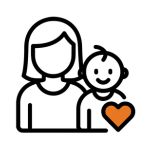
Parental Controls and Monitoring Features
Effective parental monitoring helps children use bank accounts responsibly. Banks such as FNB offer apps that allow parents to oversee spending, set limits, cancel cards, and receive instant alerts. This ensures that guardians stay informed and can step in if needed.
Nedbank also provides similar features through its Money app, giving parents full control over their child’s account. These tools are useful for maintaining safety while still allowing children to make independent financial decisions within boundaries.

Access to Savings Tools and Educational Resources
Children benefit from accounts that include goal-setting features and interest-earning savings options. Nedbank’s MiGoals4Kids account lets users create up to ten savings pockets, helping them plan and save for different purposes.
Educational content is also key. Some banks, like FNB, provide access to learning platforms such as Udemy. Others offer financial literacy tips within their apps or websites, giving young users a clearer understanding of how money works and the value of saving early.
Choosing the right bank for your child’s savings account can set them up for financial success. Learn more about the top banks in our article on Which Bank is the Best in South Africa?.

Best Bank Accounts for Kids in South Africa
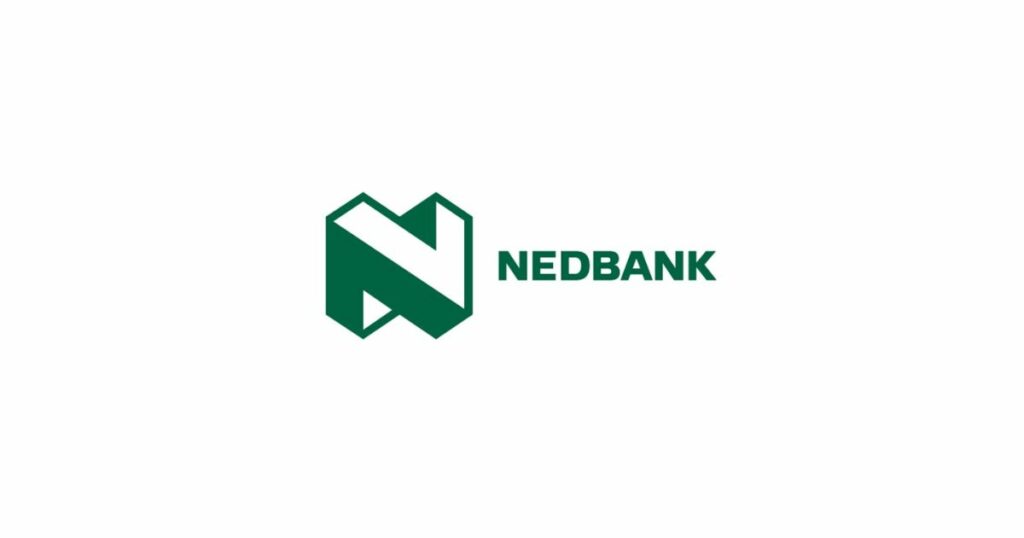
Nedbank’s MiGoals4Kids
The MiGoals4Kids account from Nedbank is designed to help children begin their journey with money management by providing a simple and safe environment to save, spend, and track their finances. It enables parents to encourage positive financial habits early on, with features that support hands-on learning and goal setting. The account does not charge monthly maintenance fees, making it a practical starting point for families aiming to teach children about money.
Children using MiGoals4Kids can set up to ten separate savings pockets, each earning interest. This setup allows them to allocate money towards specific goals, helping them to understand saving strategies. Parents are able to monitor transactions, block or replace cards, and set limits via the Nedbank Money app. Real-time notifications improve safety, and value-added perks such as movie ticket discounts with a snack combo are included.
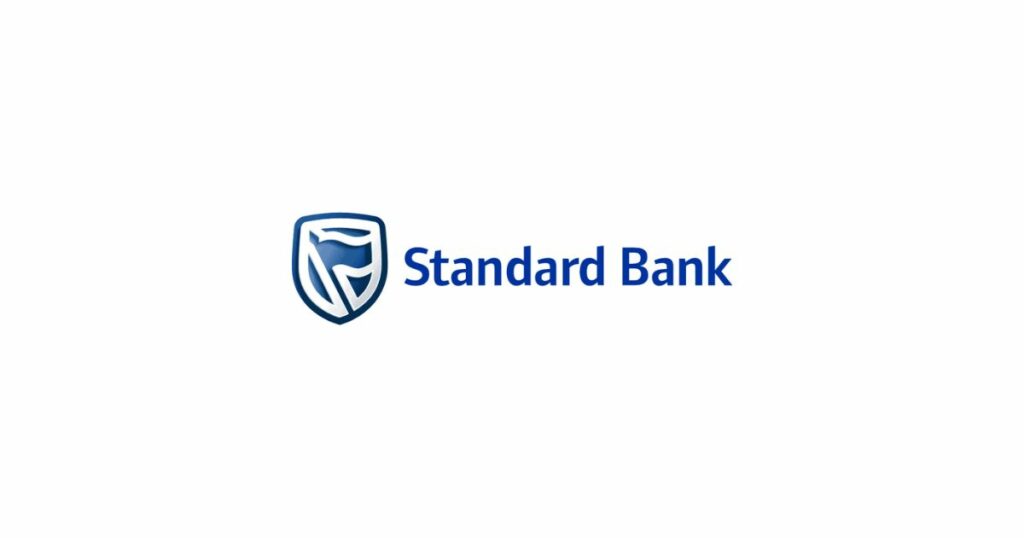
Standard Bank’s (sum)1 Account
Standard Bank’s (sum)1 Account is specifically tailored for children under the age of 16, providing a secure and educational banking experience. The account does not require a minimum income and comes with zero monthly fees, ensuring that young users can practise managing their money without any ongoing cost. The account can be managed through Standard Bank’s digital platforms, giving parents visibility and control.
Each account includes a bank card that can be used for purchases at retail stores, along with access to ten free electronic debit transactions every month. Children benefit from rewards like Junior Perks vouchers redeemable at restaurants such as Nando’s and Krispy Kreme. The card can also be linked to payment apps such as SnapScan or Masterpass for added convenience. After the free transaction limit is reached, a usage fee applies. To open the account, there must be an existing link to the parent’s Standard Bank account.
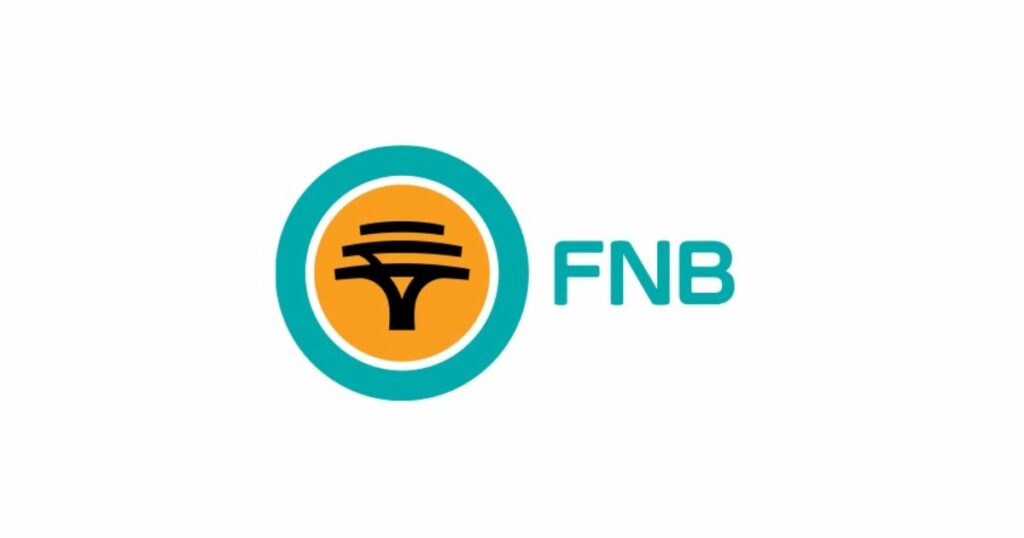
FNB’s FNBy
The FNBy account from FNB is suited to children and teenagers seeking an introduction to banking in a controlled and informative setting. This account offers modern tools and tailored benefits designed to help young people become familiar with everyday financial decisions. It includes no monthly maintenance charges and comes with a savings account featuring FNB’s Bank Your Change® functionality, which enables automatic saving on everyday purchases.
Through the FNB app, parents have access to comprehensive account controls, such as transaction monitoring, card cancellation, and spending limits. FNBy customers can also access rewards and data bundles via FNB Connect. Payments can be made using QR codes, tap-to-pay cards, or GEO Payments with peers. However, fee-free deposits are limited, and access is restricted to FNB clients, which may reduce availability for some families.
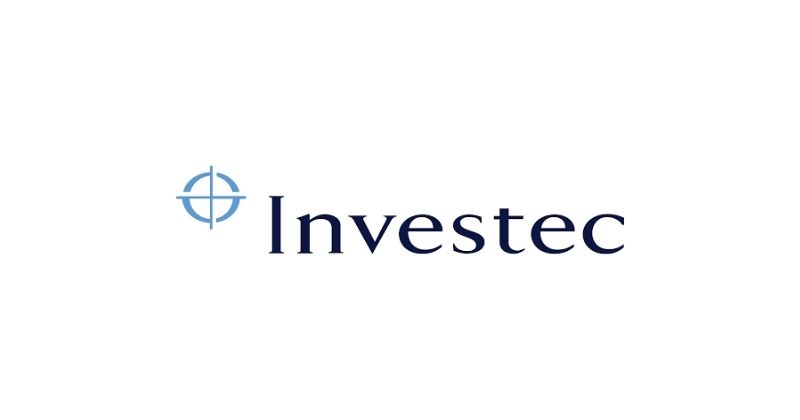
Investec’s Investec Youth Account
The Investec Youth Account is available only to children of existing Investec Private Banking clients and is targeted at those aged 0 to 24. This account provides both a transactional and a linked savings account, with a strong focus on financial education and wealth management. It comes with no monthly fees and offers a debit card that is globally accepted and fitted with chip and tap-to-pay features.
Users benefit from premium services such as access to airport lounges via the InTransit app, complimentary travel insurance when booking international tickets with the card, and free delivery of both the bank card and foreign currency. The account also allows for trading shares online without an annual administration fee. While this is a comprehensive and high-quality option, its availability is limited to families who meet Investec’s high-income requirements, making it less accessible to the wider public.

Steps to Open a Child’s Bank Account in South Africa
Opening a bank account for your child is a valuable step towards teaching financial responsibility. Here’s a concise guide tailored for South African parents.
Required Documentation
To open a bank account for a minor, you’ll typically need:
- Parent or Guardian’s ID: A valid South African identity document or passport.
- Child’s Birth Certificate: An unabridged birth certificate is commonly required.
- Proof of Residence: A document not older than three months, such as a utility bill or bank statement.
Some banks may have additional requirements. For instance, FNB requires a signed declaration of proof of residence per child.
Application Process: Online vs. In-Branch
Many banks offer both online and in-branch application options:
- Online Applications: Banks like Nedbank and Standard Bank allow parents to initiate the application process online or via their banking apps. However, final verification may still require a branch visit.
- In-Branch Applications: Visiting a local branch remains a reliable method. Ensure you have all necessary documents on hand to streamline the process.
Note that some banks, such as Capitec, currently require in-branch visits for opening a child’s account .
Tips for Involving Your Child in the Process
Engaging your child in the account-opening process can enhance their financial literacy:
- Involve Them in Documentation: Explain the purpose of each document and why it’s needed.
- Visit the Bank Together: If applying in-branch, take your child along. This experience can demystify banking and make them feel involved.
- Set Financial Goals: Discuss savings goals and how the account can help achieve them. This encourages a proactive approach to managing money.
By actively participating, children can develop a better understanding and appreciation of financial management from an early age.
Conclusion
Opening a bank account for your child is a practical step towards teaching financial responsibility and developing healthy money habits from a young age. South African banks offer a range of child-friendly accounts with no monthly fees, useful savings features, and parental control options to ensure safety and supervision. If you’re saving on their behalf or encouraging them to manage their own money, these accounts offer a solid foundation for long-term financial literacy. Involving your child in the process by explaining documents, visiting the bank together, and setting savings goals can further strengthen their understanding and confidence in
managing money.
Frequently Asked Questions
There is no minimum age. Parents or guardians can open an account on behalf of a child at any age, including infancy, provided the required documentation is submitted.
You will need the parent or guardian’s South African ID, the child’s unabridged birth certificate, and recent proof of residence (not older than three months). Some banks may request additional forms such as a declaration of residence.
Most child-specific bank accounts, such as Nedbank MiGoals4Kids and Standard Bank (sum)1, do not charge monthly fees. However, certain transactions may still carry individual costs.
Yes. Many child accounts come with a debit card that can be used for purchases. Parents typically have the ability to monitor usage, set limits, and block or replace cards through the bank’s app.
Yes. Most major banks in South Africa offer mobile and online banking platforms that allow both parents and children to track balances, view transactions, and manage the account conveniently.
Fast, uncomplicated, and trustworthy loan comparisons
At Arcadia Finance, you can compare loan offers from multiple lenders with no obligation and free of charge. Get a clear overview of your options and choose the best deal for you.
Fill out our form today to easily compare interest rates from 19 banks and find the right loan for you.


